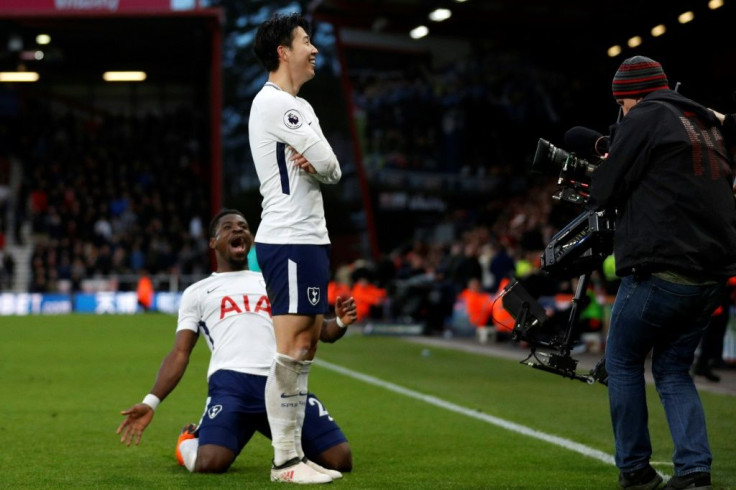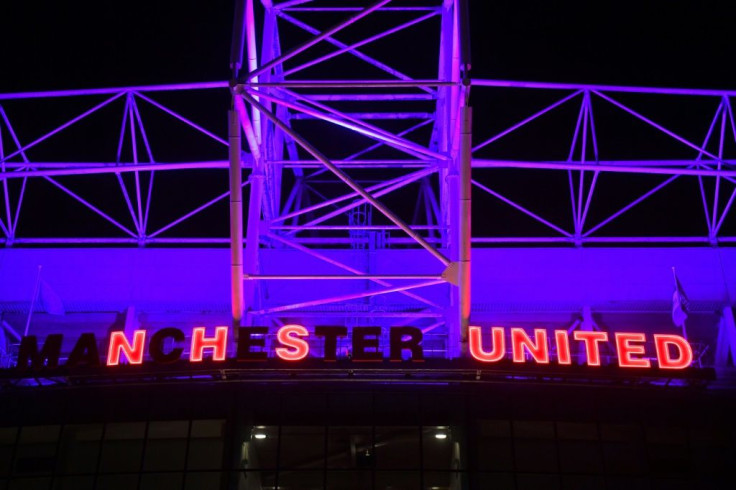From Furlough To Free-to-air: Premier League Becomes A Political Football
The green light for the Premier League's return owes much to a political will for the national game to lift spirits in the country hardest hit by coronavirus in Europe.
Suspected and confirmed deaths from coronavirus in Britain passed 50,000 according to analysis from the Office for National Statistics (ONS) this week.
Restrictions on personal freedoms remain in place, while plans to reopen schools to all pupils in England have been shelved until September.
Yet, on Wednesday, Premier League stars will return to live action with the government revelling in its role to ensure 33 of the remaining 92 games of the season will be shown on free-to-air platforms.

Prime Minister Boris Johnson told parliament last month that the return of live sport to television "could provide a much-needed boost to national morale".
On the day June 17 was set as the date for the Premier League's return, Oliver Dowden, Secretary of State for Sport, said football had a "special place in our national life."
However, the Premier League has not enjoyed such political backing throughout the course of the pandemic.

In the early weeks of April as clubs scrambled to respond to a sudden drop in revenue, Liverpool and Tottenham were among the top-flight teams that signalled their intent to use the government's furlough scheme for non-playing staff.
The scheme, designed to protect jobs once lockdowns are lifted, has seen the government cover the cost of 80 percent of wages up to a maximum of 2,500 ($3,100) a month per employee.
Yet, the sight of last season's two Champions League finalists using tax payers' money without cutting the wages of players provoked a furious reaction.
Conservative MP Julian Knight accused the Premier League of a "moral vacuum."
At a daily news briefing at the height of the crisis, even Health Secretary Matt Hancock told Premier League players to "take a pay cut and play their part".

Both clubs bowed to the public pressure and quickly reversed their decision to use the scheme.
"When the furlough scheme and the discussions around player salaries and taking pay cuts arose, my feeling was that was opportunistic on the part of government and actually very cynical," Professor Simon Chadwick, Director of Eurasian Sport at Emlyon business school told AFP.
"Within weeks the government had flipped again and suddenly this is important for national well-being, social cohesion and national identity, providing a diversion from the pandemic.
"This was the government using football to achieve its own ends, rather than of football itself, or fans and the population."
Attention from politicians was certainly not welcomed by players, particularly as they set up a fund to generate funds for Britain's National Health Service (NHS).
Hancock was accused of "deflecting" underfunding of the NHS by Crystal Palace winger Andros Townsend, while Newcastle's Danny Rose said players' health was being put at risk to boost the national mood.
However, the pressure from government for free-to-air matches could yet have long-lasting benefits for the English top-flight.
For the first time since the inception of the Premier League in 1992, the BBC will show four live games before the end of the season.
Amazon and a Sky freeview channel will also bring more live games to a wider audience.
Cricket and golf are among the sports to have suffered consequences of disappearing behind a paywall in the UK.
"It is important that as many people as possible can access our games," said Premier League chief executive Richard Masters.
By being beamed back to the masses on its return, the Premier League could ensure absence makes the heart grow fonder and increase its already massive following.
© Copyright AFP 2024. All rights reserved.





















